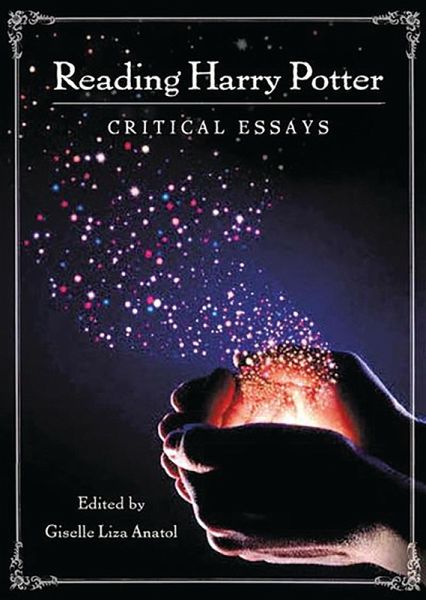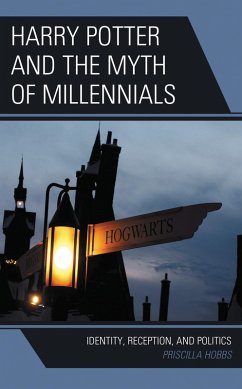
Reading Harry Potter (eBook, PDF)
Critical Essays
Versandkostenfrei!
Sofort per Download lieferbar
40,95 €
inkl. MwSt.
Weitere Ausgaben:

PAYBACK Punkte
20 °P sammeln!
J. K. Rowling achieved astounding commercial success with her series of novels about Harry Potter, the boy-wizard who finds out about his magical powers on the morning of his eleventh birthday. The books' incredible popularity, and the subsequent likelihood that they are among this generation's most formative narratives, call for critical exploration and study to interpret the works' inherent tropes and themes. The essays in this collection assume that Rowling's works should not be relegated to the categories of pulp fiction or children's trends, which would deny their certain influence on the...
J. K. Rowling achieved astounding commercial success with her series of novels about Harry Potter, the boy-wizard who finds out about his magical powers on the morning of his eleventh birthday. The books' incredible popularity, and the subsequent likelihood that they are among this generation's most formative narratives, call for critical exploration and study to interpret the works' inherent tropes and themes. The essays in this collection assume that Rowling's works should not be relegated to the categories of pulp fiction or children's trends, which would deny their certain influence on the intellectual, emotional, and psychosocial development of today's children. The variety of contributions allows for a range of approaches and interpretive methods in exploring the novels, and reveals the deeper meanings and attitudes towards justice, education, race, foreign cultures, socioeconomic class, and gender. Following an introductory discussion of the Harry Potter phenomenon are essays considering the psychological and social-developmental experiences of children as mirrored in Rowling's novels. Next, the works' literary and historical contexts are examined, including the European fairy tale tradition, the British abolitionist movement, and the public-school story genre. A third section focuses on the social values underlying the Potter series and on issues such as morality, the rule of law, and constructions of bravery.













